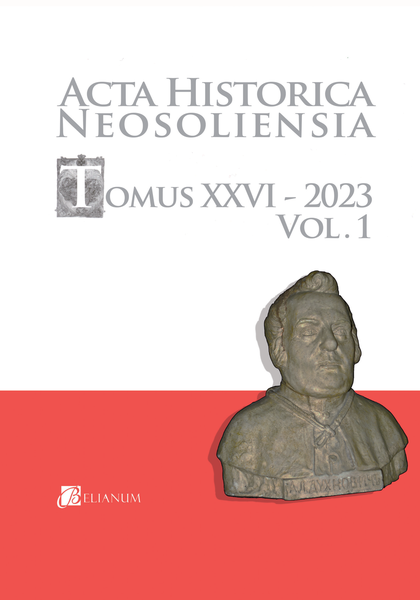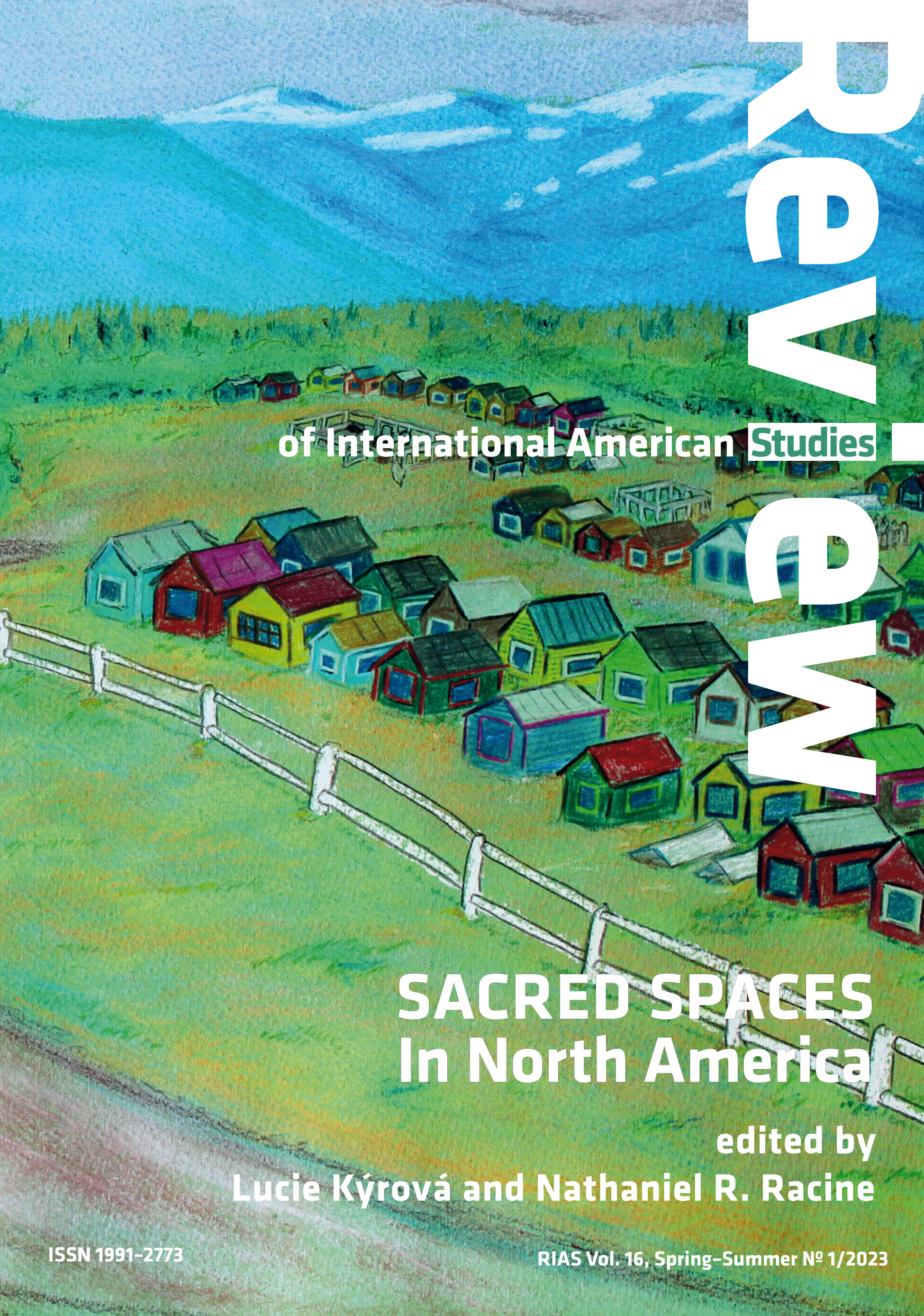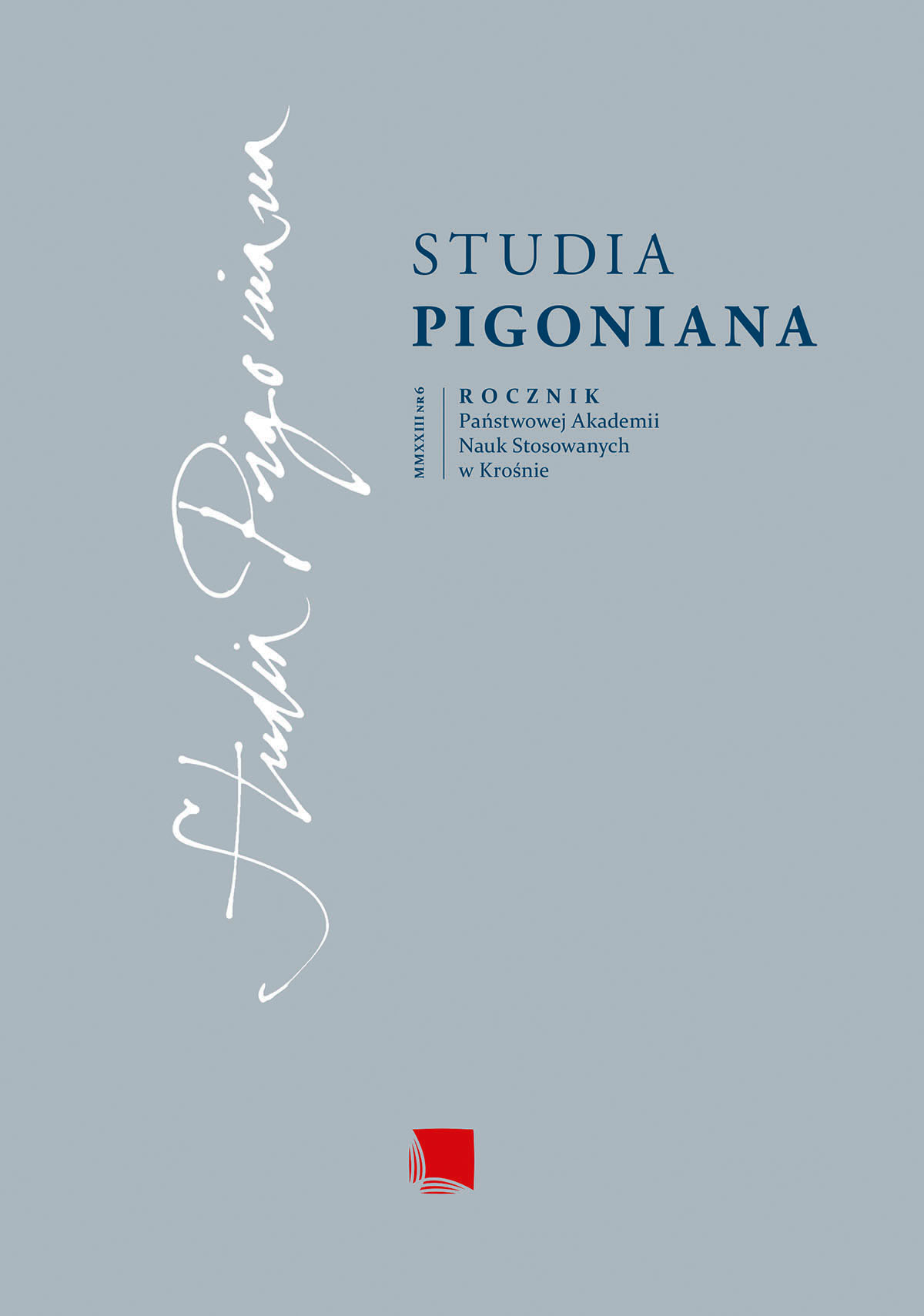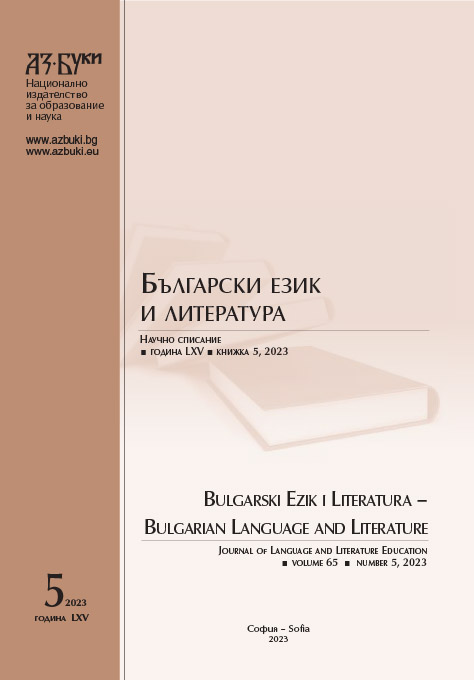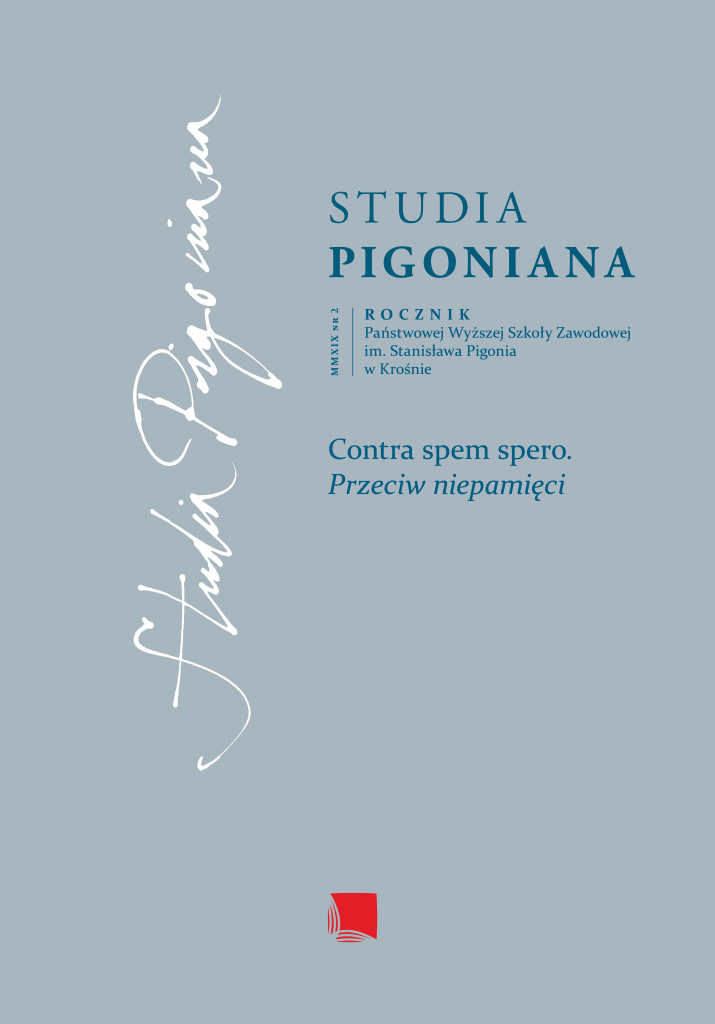
Tęsknota, smutek, żal w dwóch rosyjskich przekładach Pana Tadeusza.
The articles aims at comparing the ways of expressing sadness, regret and nostalgia in two Russian translations of the Polish Romantic epic poem Pan Tadeusz by Adam Mickiewicz, authored by Zuzanna Mar and Światosław Świacki. A particular attention is drawn to two among the numerous Russian equivalents – ТОСКА and УМИЛЕНИЕ, since these are regarded as unique linguocultural concepts and considered untranslatable. The collected quotations have been collected and are presented in tables, which facilitates the demonstration of the varying translation solutions in the contexts under discussion, as well as capture certain permanent ways of speaking about sadness and nostalgia within the Russian linguistic picture of the world. Also discussed are selected issues of Mickiewicz reception formerly and recently as well as the question of emancipation of translations into full-fledged, independent literary texts which enter the cultural circulation.
More...
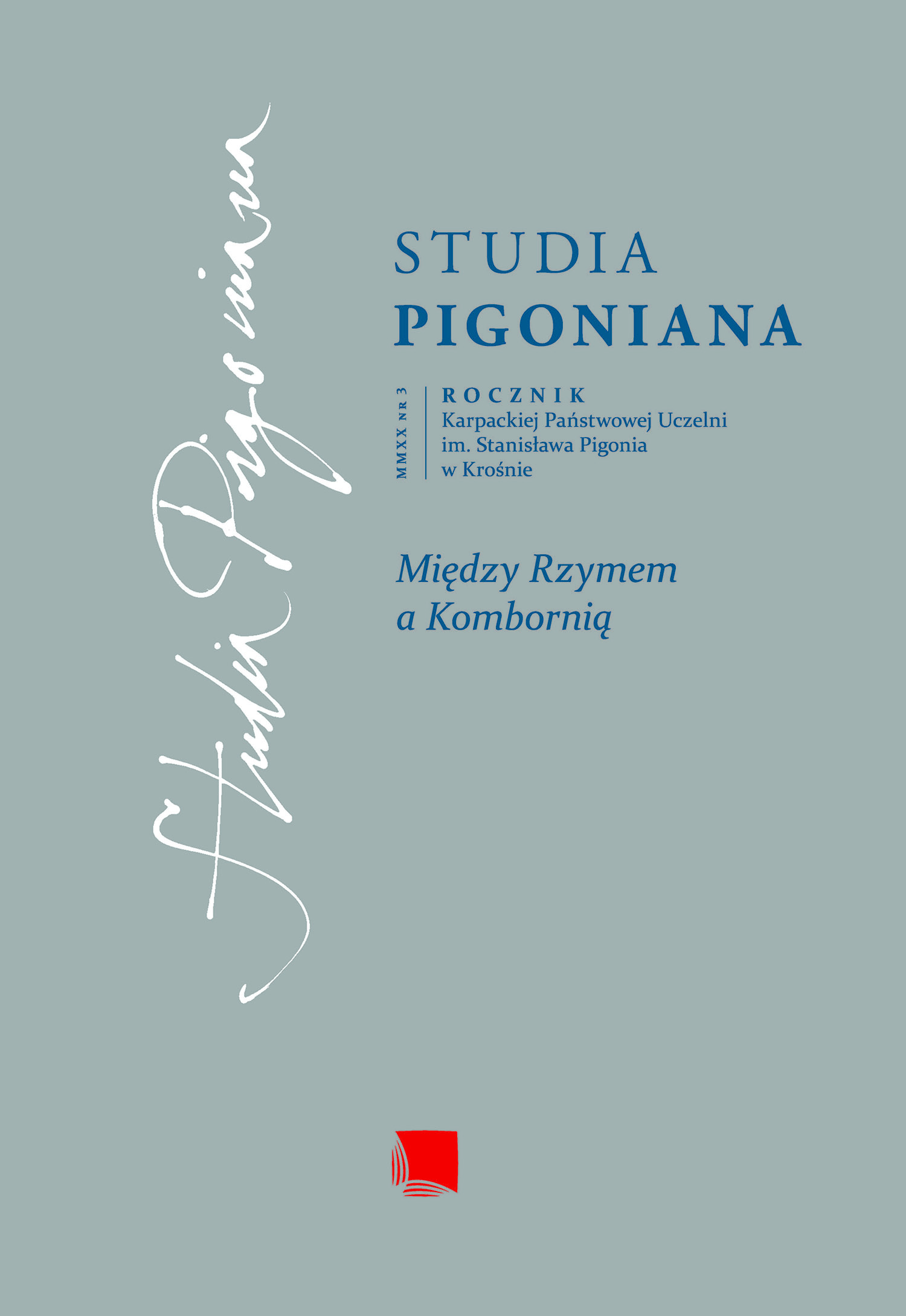
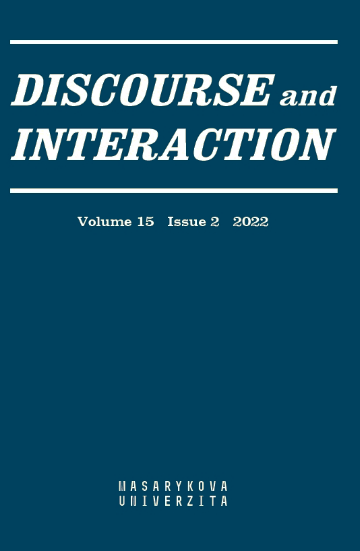
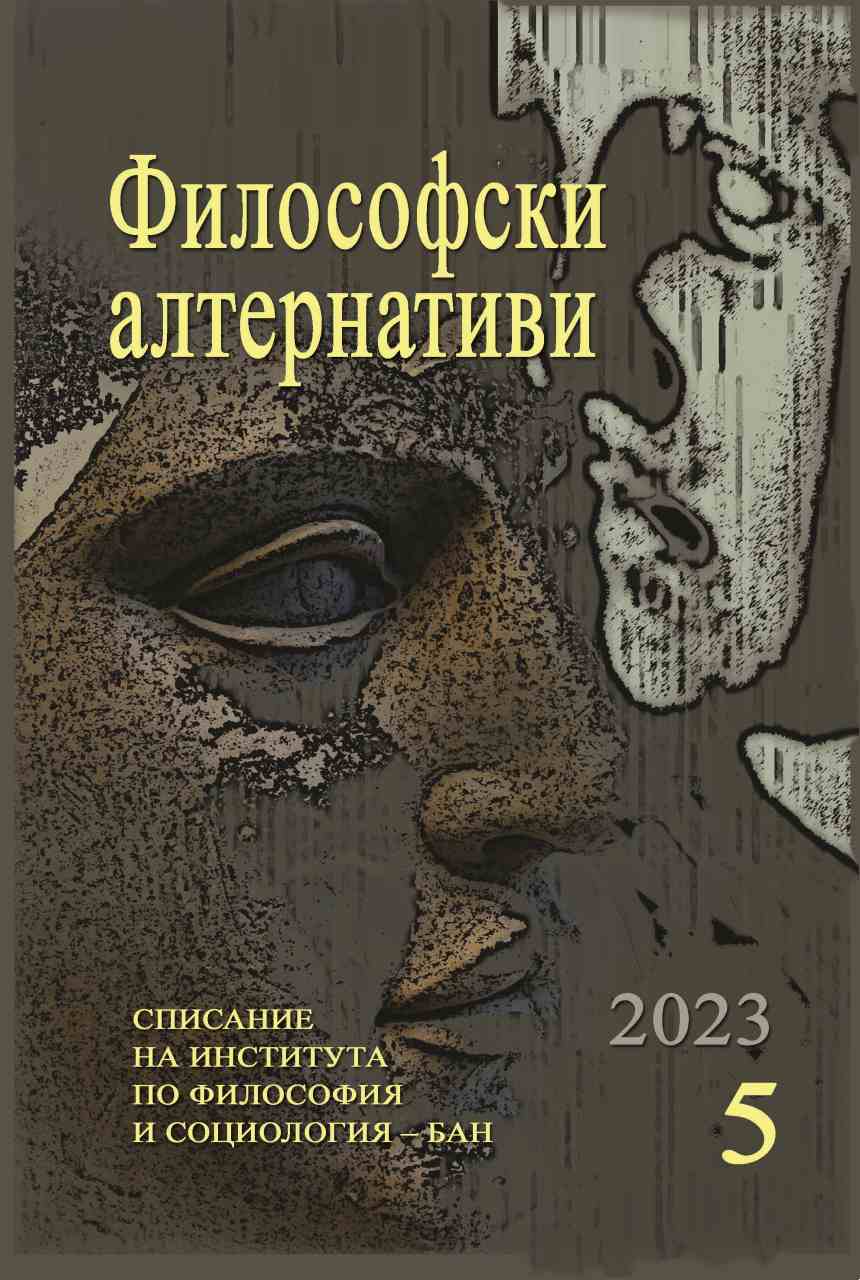
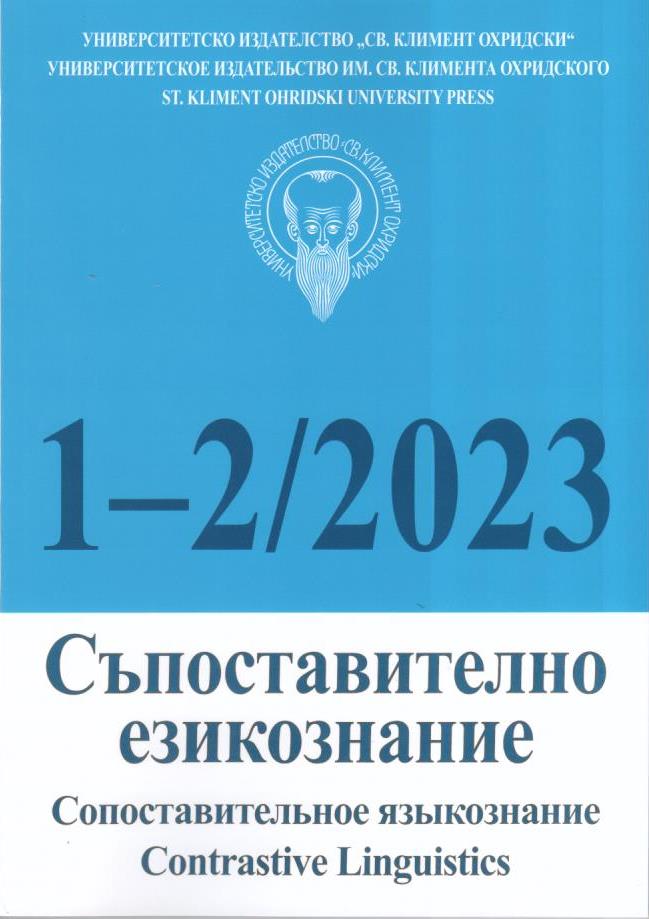
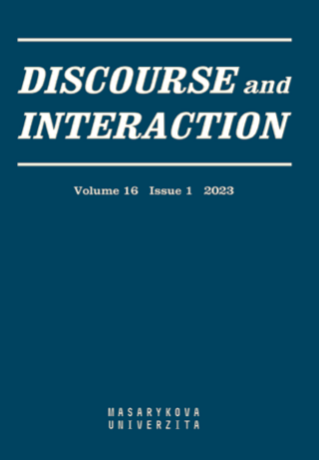
![Spojrzenie „bez podmiotu”. [Recenzja książki Aleksandry Ubertowskiej „Historie biotyczne. Pomiędzy estetyką a geotraumą”. Warszawa: Instytut Badań Literackich PAN, 2020]](/api/image/getissuecoverimage?id=picture_2023_78022.jpg)
